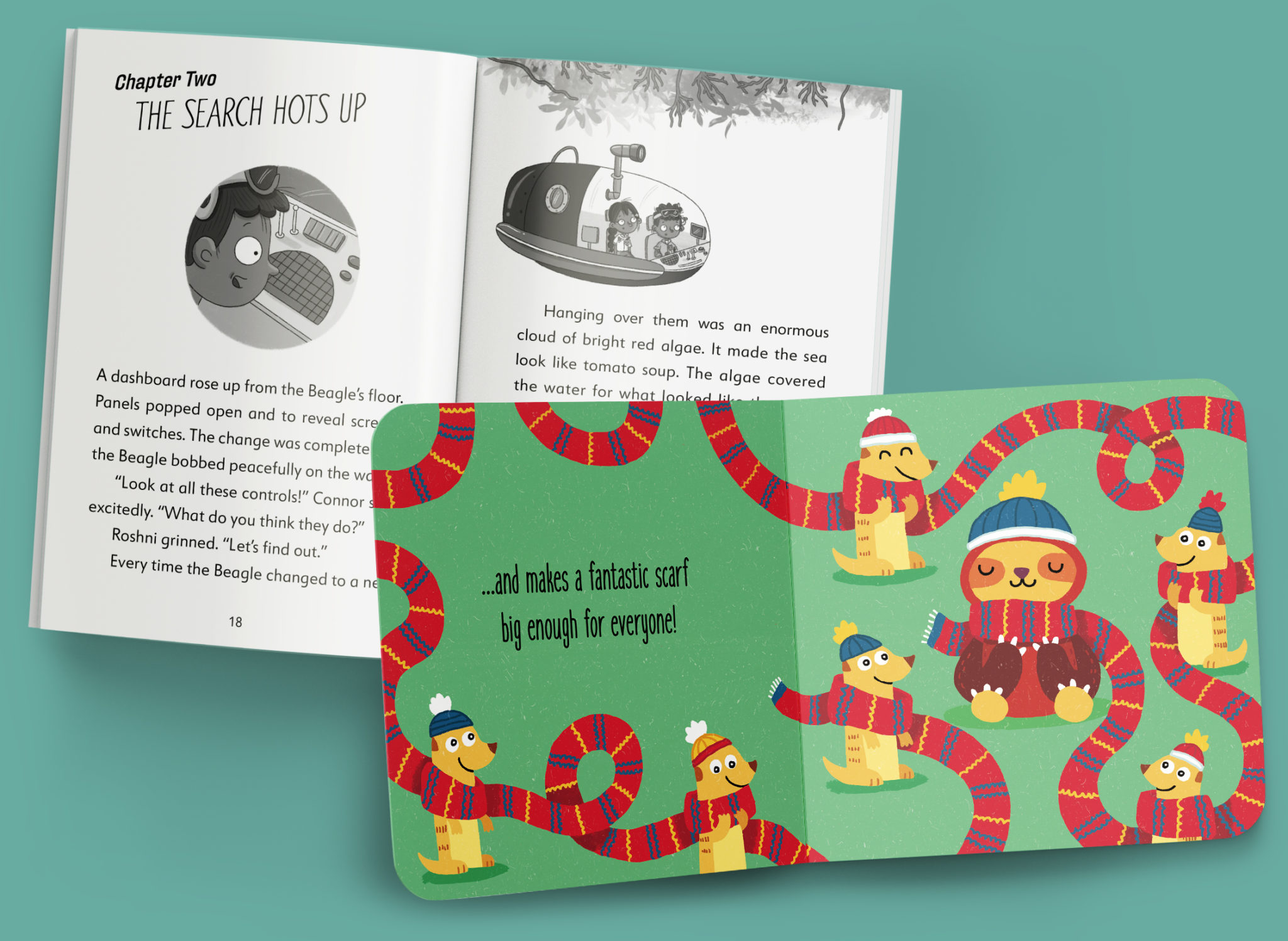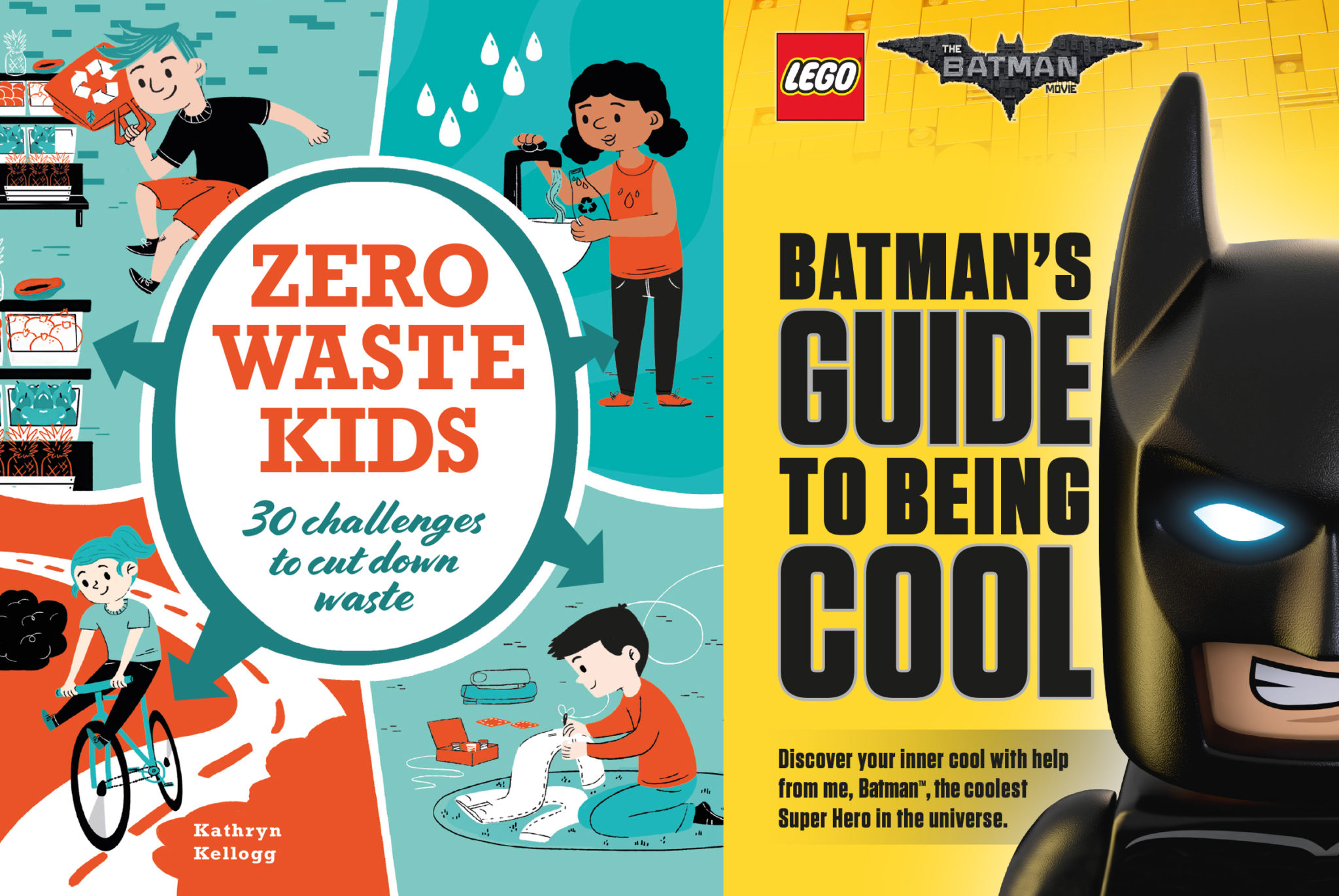Great Books for Growing Brains
While we’re all still nursing the wounds and healing the scars of home schooling, we’re going to take a look back at some of our exciting work in the field of education. One big positive to come out of the pandemic is a new focus on wellbeing. We’re all for it – especially when it comes to improving the mental health of children.
How do we talk about mental health and wellness with our kids? A recent project saw us designing a series of interactive health and wellbeing lesson plans to be rolled out in over 200 schools as part of an NHS initiative. This follows on from a project with Pearson to deliver thirty-six storybooks for classroom use, designed to introduce the language and concepts of mental health for discussion between pupils and teachers.
Education is at the core of what we do here at Collaborate, but even the books we read outside of school are valuable to a child’s development. From baby to teenager, reading for pleasure has an unparalleled benefit on education. Instilling a love of books at this age will not only set them up with a lifelong passion, but their linguistic skills will grow at a much faster rate, giving them the tools they need to understand and express complex ideas in school, and the world beyond.
The first years of life is when the brain is developing at its fastest – most neurological connections are made before a child turns ten. During this time, talking, reading and playing are what stimulates brain growth and sets a child up for school. Reading to a baby or toddler advances their language skills and imagination. Reading is the best way to grow those marvellous minds! Even when a child wants the same story over and over, the brain builds on those repetitive sensory experiences. Coming back to the same book helps a baby or toddler to recognize and identify new words.
No other activity builds comprehensive skills as well as reading does; teens who read outside of their classroom assignments tend to do much better academically than those who don’t. A well-rounded vocabulary is a brilliant tool for teenagers to express themselves. And how else would they get to know the parts of the world they can’t visit – countries on the other side of the world, space, under the ocean, for example – without books?
Another notable mention is our illustrated Penguin Classics series, featuring classics such as Little Women and The Hound of the Baskervilles. These have been rewritten for people studying English as a foreign language. The classic stories we know and love, told in English, but made accessible to all.

